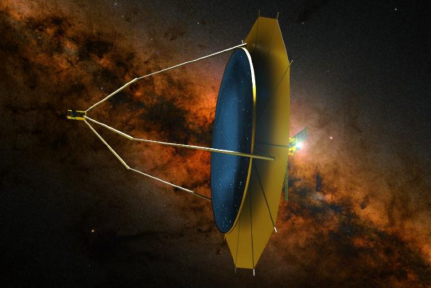
Edward Balaban
The future of space-based UV/optical/IR astronomy requires ever larger telescopes. The highest priority astrophysics targets, including Earth-like exoplanets, first generation stars, and early galaxies, are all extremely faint, which presents an ongoing challenge for current missions and is the opportunity space for next generation telescopes: larger telescopes are the primary way to address this issue.
With mission costs depending strongly on aperture diameter, scaling current space telescope technologies to aperture sizes beyond 10 m does not appear economically viable. Without a breakthrough in scalable technologies for large telescopes, future advances in astrophysics may slow down or even completely stall...
Read More








Recent Comments